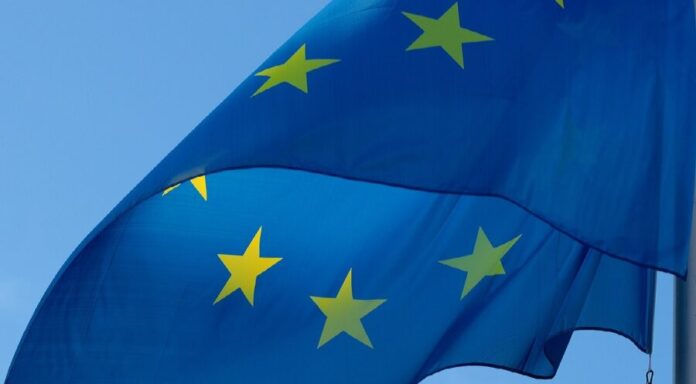UNHCR Slovakia has been putting into practice a Protection Profiling exercise to routinely gather and evaluate information about the profiles, needs, and intents of refugees and foreign nationals from Ukraine, as well as to track changes over time, a ReliefWeb press release states.
The goal is to strengthen and advance an evidence-based defense strategy. The primary findings from 4,227 interviews performed between May 17 and October 11, 2022, are presented in this dashboard.
All around Slovakia, interviews have been done, including 35% in transit centers, 15% in help points, 12% in border points, 9% in transport hubs, and 8% in locations where people are staying in groups.
Kobo Toolbox is used by trained enumerators from UNHCR and its partners to digitally gather data, which is then securely saved on a UNHCR server. Although respondents are chosen at random to lessen bias, non-probability sampling is utilized, therefore findings may not be generalizable to the entire community of Ukrainian refugees. The outcomes reflect the circumstances and goals of the refugees at the time of data collection.
99% of respondents are Ukrainian nationals. The majority, 86% of women, have higher education levels (51% have a bachelor’s or higher degree), while 25% have completed vocational training. Respondents exhibit a variety of professional backgrounds, especially in service-related industries including education, healthcare, and trade. 79% of those polled were employed in Ukraine prior to being uprooted.
The majority of respondents (83%) are divided from some of their immediate family members, with the main cause being that martial law (54% of families) restricts men’s freedom of movement.
In addition, 51% of households include relatives, such as elderly people, who did not wish to leave Ukraine. 84% of the family members that left Ukraine together were women or children, and 12% were people over the age of 60.
Between the end of February and April 2022, more over half of the respondents were compelled to leave their country of origin. Kharkivska Oblast, Kyiv City, and Donetska Oblast are the top three origins. 17% of people lacked a global biometric passport.



